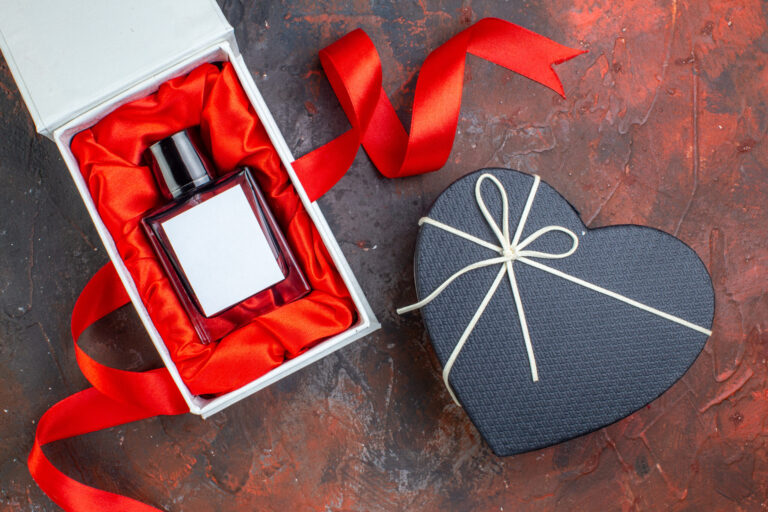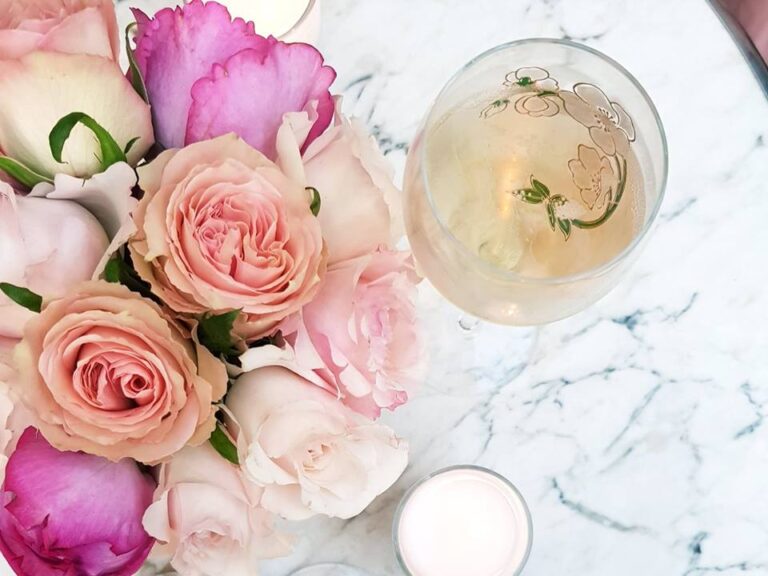The Pharaohs: Early Innovators
Perfume use dates back to ancient Egypt. Early Egyptians created perfumes by mixing natural ingredients with unscented oils. They extracted scents from flowers, fruits, and aromatic woods like rose and myrrh. Perfumes were used in religious and ceremonial rituals and were a sign of social status. The god Néfertoum, known as the “Lord of Perfumes,” was often depicted with lotus flowers used in perfume making.
Perfume use spread to the Mediterranean region, including Carthage, Greece, Rome, and parts of Asia like China and India through trade.
Tapputi: The Early Chemist
Tapputi Belatekallim was a perfume maker in ancient Mesopotamia. Her work from the 13th century BCE is documented on a Babylonian tablet. She developed methods for extracting scents scientifically, including the use of solvents and early forms of distillation and filtration. Her innovations made modern perfumes stronger and longer-lasting.
The Middle Ages
After the fall of the Roman Empire, Europe entered a period known as the “Dark Ages.” During this time, perfume use declined and was mostly used for medicinal purposes. Monks grew plants like lavender and rosemary to create healing scents, believing that bad smells could make people sick.
Muslim scholars continued to innovate in perfume making, introducing new extraction methods and making alcohol a key ingredient in perfumes. This helped spread the appreciation of perfume worldwide.
Perfume in France
In the 16th and 17th centuries, perfume became a symbol of nobility and wealth in France. Kings and aristocrats were especially fond of it, and Louis XIV’s court was known as the “court of perfumes.” Perfume makers were highly sought after.
They used methods like:
- Enfleurage: Pressing flowers like jasmine between glass plates coated with fat to extract their scent.
- Maceration: Boiling aromatic plants and roots in water or oil to release their aromas.
People avoided bathing, believing it could cause illness, so perfume was also used as a substitute.
Modern Times
The Industrial Revolution introduced synthetic scents, transforming perfume into a product for hygiene and beauty. The perfume industry grew significantly in the 20th century, with iconic fragrances like Chanel No. 5 and Dior’s J’adore. Perfume became accessible to everyone, not just the wealthy.
Traditional ingredients are still popular, such as:
- Flowers (jasmine, rose)
- Herbs (rosemary, lavender, sage, lemongrass)
- Spices (cardamom, juniper, cinnamon)
Today, perfume is a way to express personal style and individuality. At Prestige, we understand that a distinctive fragrance helps you stand out and share a part of yourself with the world. Explore our range of perfumes for men, women, and unisex options to find your perfect scent.




